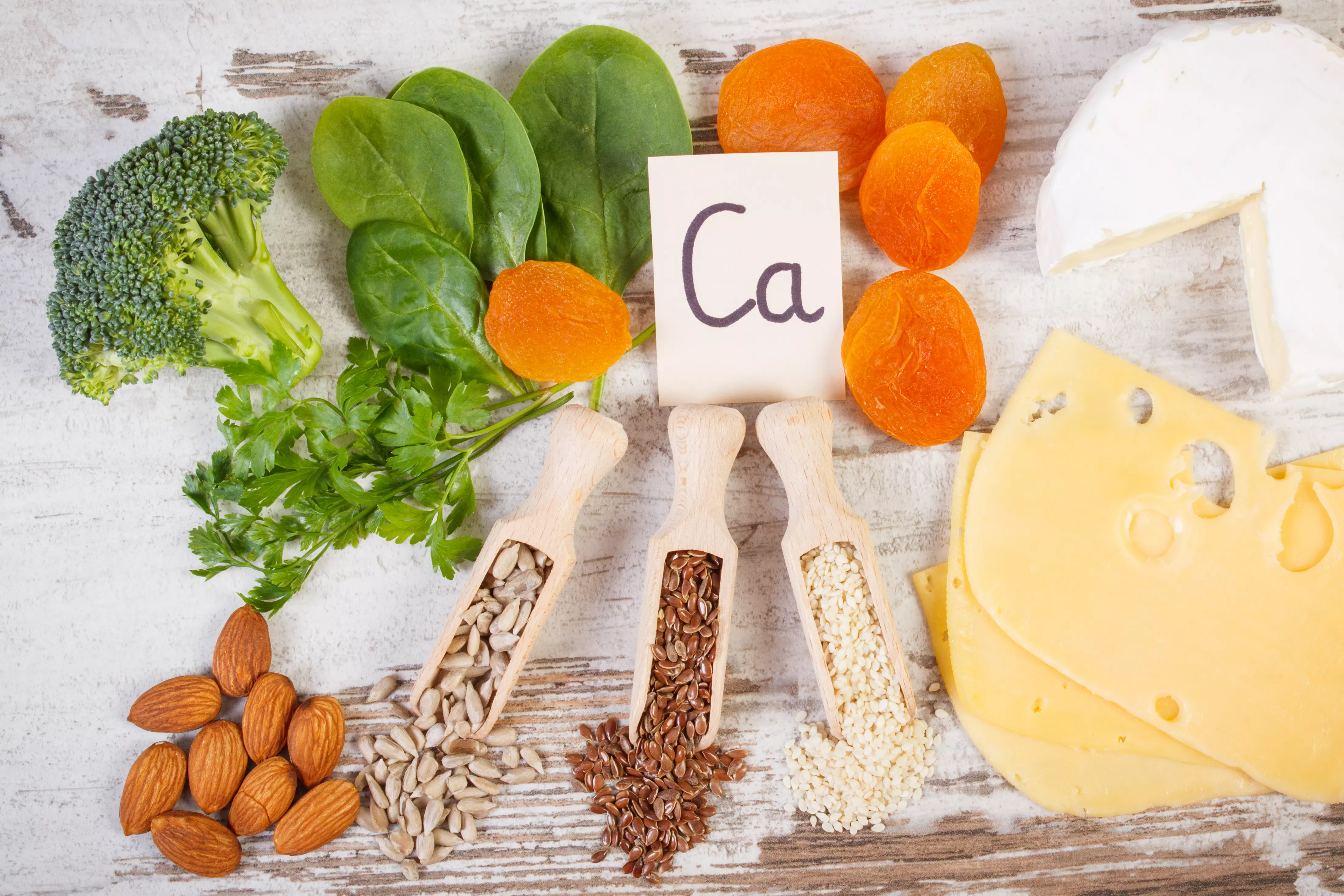Introduction
Menopause is a natural process in which a woman transitions from her reproductive years to a period when menstruation stops. This is a time when the body experiences many hormonal changes that can affect a woman's health and well-being. One aspect to consider during this period is diet. Making the right dietary changes can help maintain health and minimize the unpleasant symptoms of menopause.
A healthy diet for women during menopause
It's a good idea to start by increasing your intake of nutrients such as vegetables, fruits, whole grains, vegetable protein and healthy fats. A diet rich in these ingredients can help maintain a healthy body weight, hormonal regulation and overall health.
Calcium's impact on bone health
One of the key aspects of a healthy diet during menopause is adequate calcium intake. A woman's bones become more susceptible to loss of bone mass after reaching menopause, which can be associated with the risk of osteoporosis. Therefore, it is important to ensure adequate calcium intake by consuming dairy products such as milk, yogurt and cheese, as well as green leafy vegetables such as spinach and kale.
Calcium in the menopausal diet is extremely important for maintaining bone health and minimizing the risk of osteoporosis.
Magnesium and vitamin D
In addition to calcium, magnesium and vitamin D play a key role in bone health. Magnesium aids in the absorption of calcium and the synthesis of collagen, which is important for maintaining bone elasticity. Vitamin D, on the other hand, helps in the absorption of calcium from the gastrointestinal tract.
Important dietary sources of magnesium are nuts, seeds, spinach and chocolate. Vitamin D, on the other hand, can be found in fatty fish such as salmon and sardines, or fortified foods such as milk and breakfast cereals.
It's important to make sure you get enough magnesium and vitamin D in your diet for optimal bone health.
Avoiding highly processed foods
During menopause, it is a good idea to avoid highly processed foods that are high in added sugars, salt and saturated fat. Consuming such foods can lead to overweight and increase the risk of cardiovascular disease and osteoporosis. Instead, opt for fresh and natural foods that provide your body with essential nutrients.
Supplementation
In some cases, even the most balanced diet may not provide enough nutrients. If this is the case, it is worth consulting a doctor or nutritionist to consider supplementation. Good quality dietary supplements can help correct vitamin and mineral deficiencies.
Perhaps your doctor will recommend supplementation with vitamin D, calcium or other nutrients that are especially important during menopause.
Dietarysupplements can be a good addition to a balanced diet during menopause.
Balanced diet and mental health
It is worth remembering that diet does not only affect our physical health, but also our mental health. During menopause, hormonal changes often occur, which can result in mood swings, sleep problems and general malaise. Eating a balanced diet, rich in nutrients, can help maintain mental balance and reduce the unpleasant symptoms of menopause.
Summary
Diet plays a key role in the health and well-being of women during menopause. Making appropriate dietary changes, such as increasing nutrient intake, consuming adequate amounts of calcium, magnesium and vitamin D, avoiding highly processed foods, supplementation and maintaining a healthy mental balance can help minimize unpleasant menopausal symptoms and maintain overall health and well-being. Remember, it's always a good idea to consult a doctor or nutritionist to individually tailor your diet to your needs.
